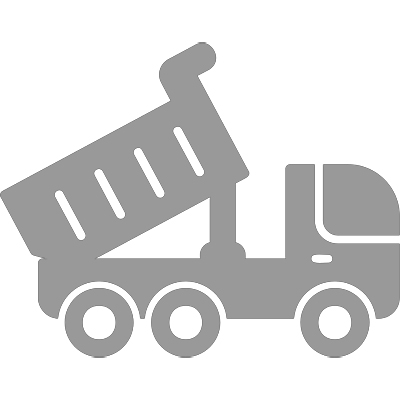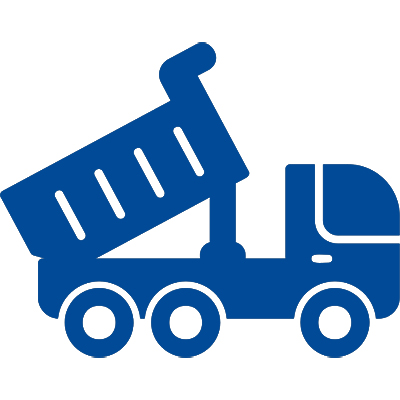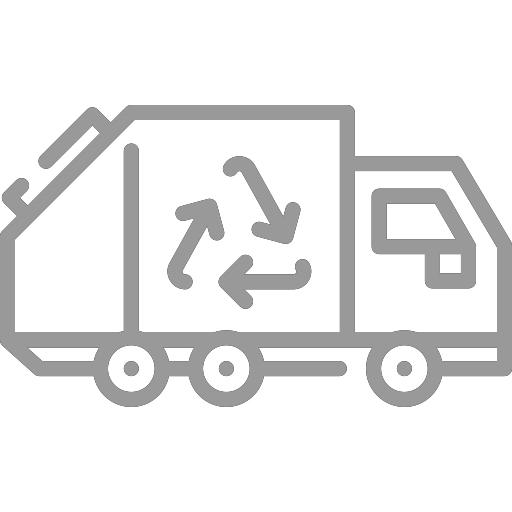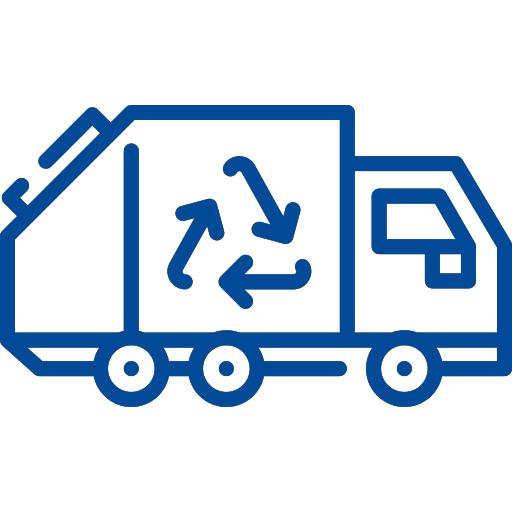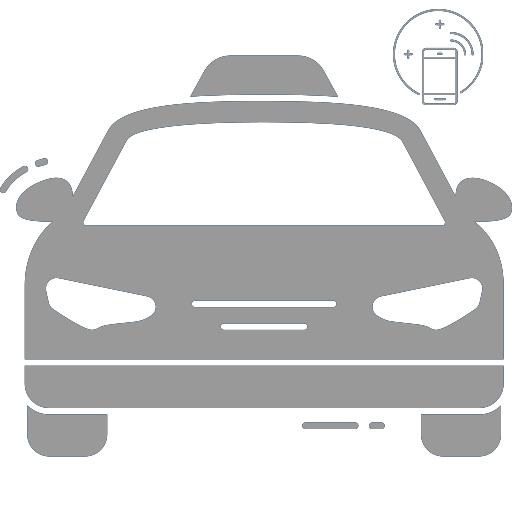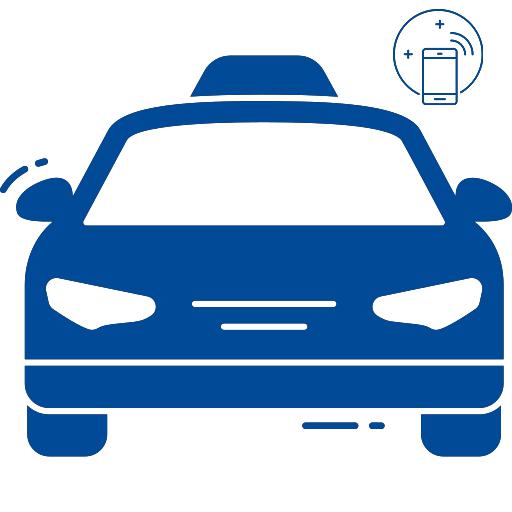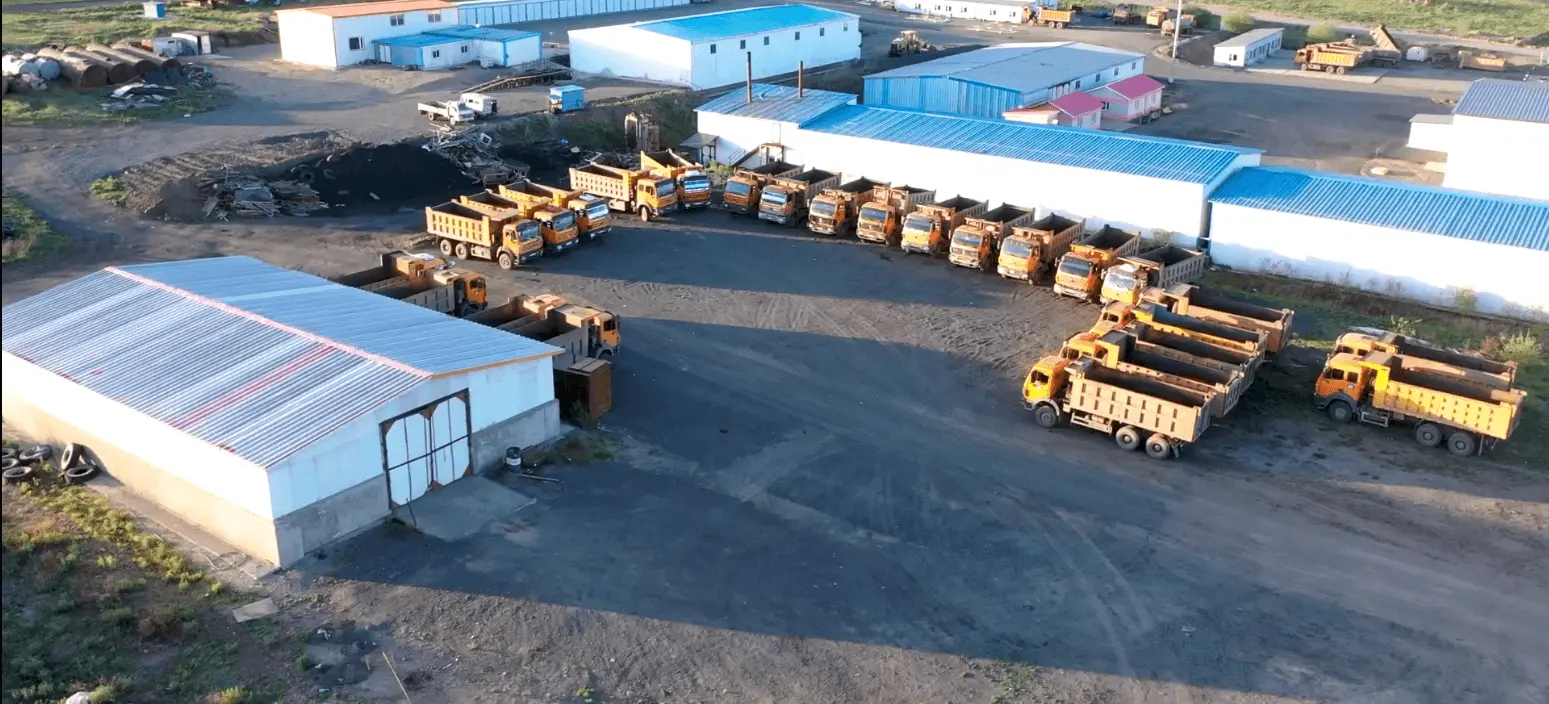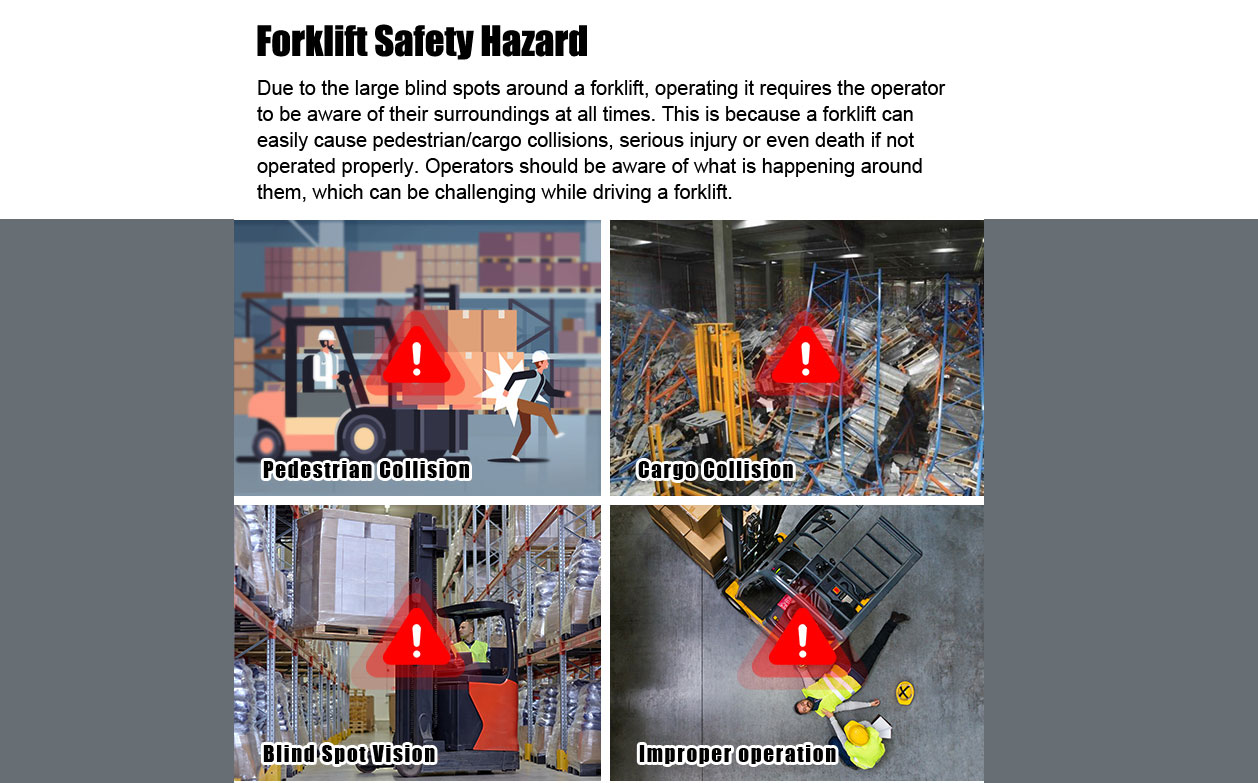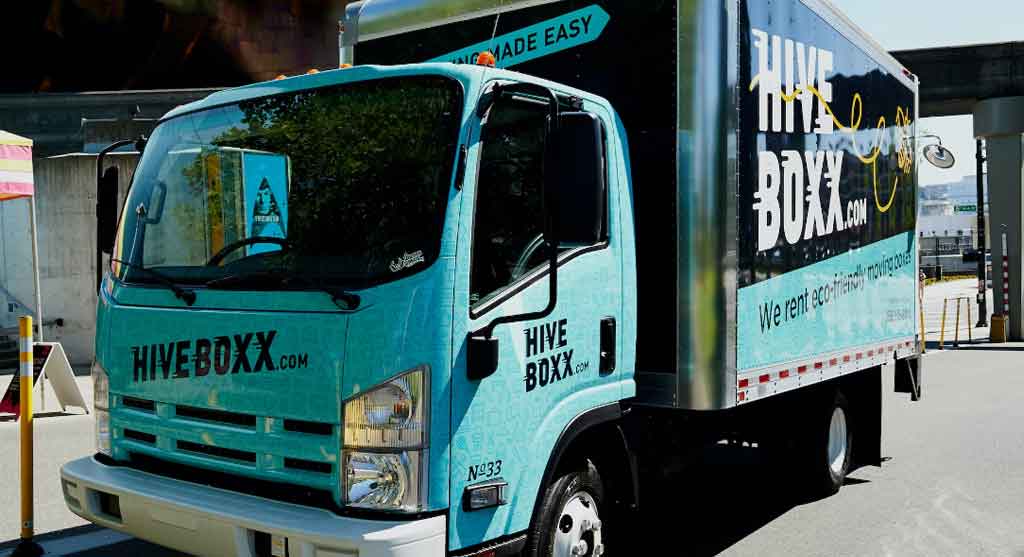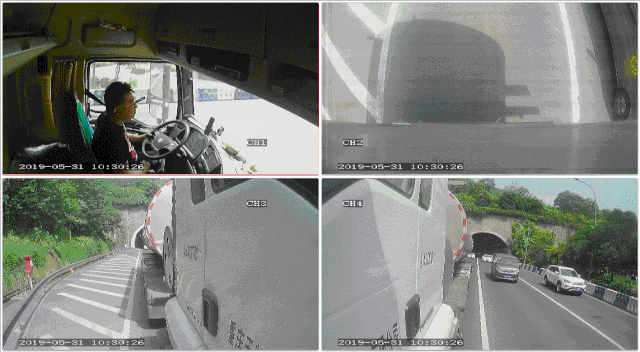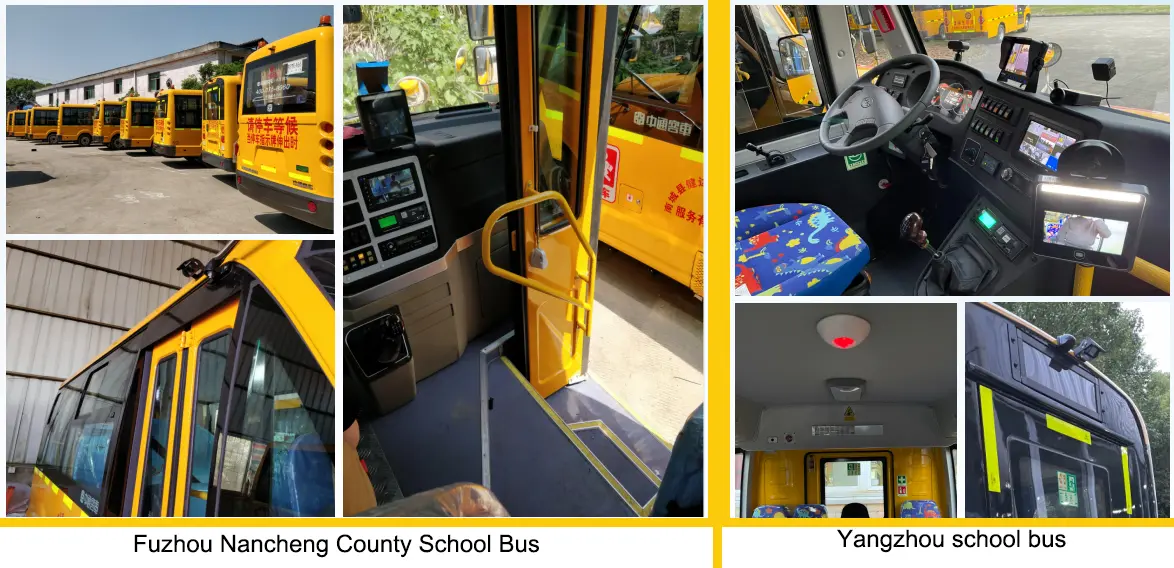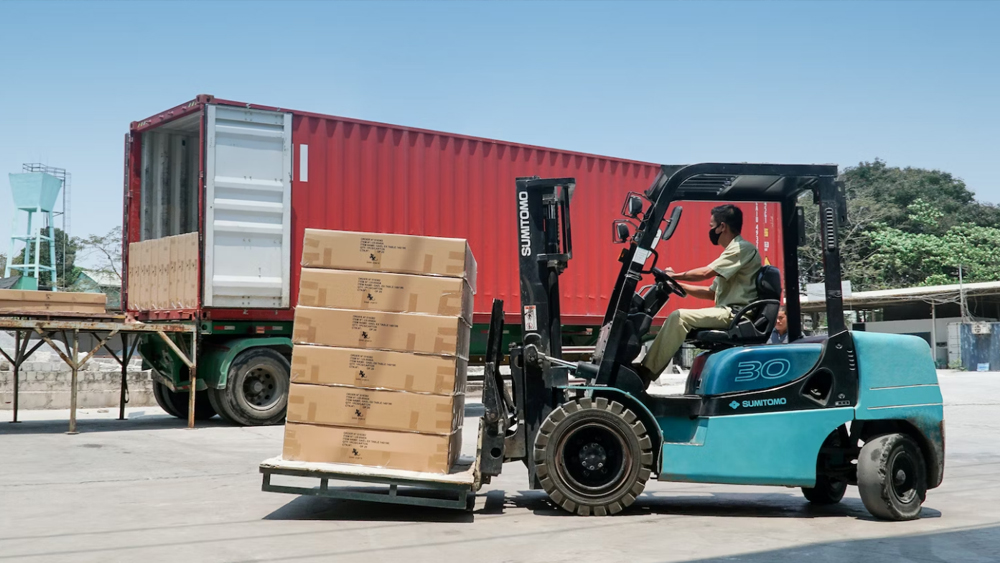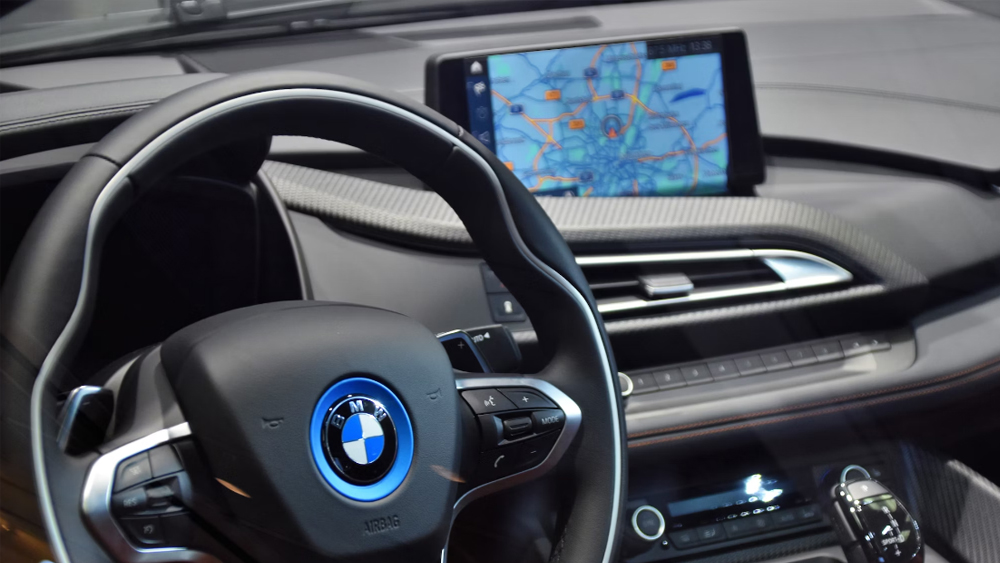What is a Truck DVR Monitor and Camera System?
Global Traffic Safety Overview
According to the World Health Organization (WHO) 2023 report, approximately 1.35 million people die in traffic accidents annually, with another 50 million injured. Traffic accidents have become one of the leading causes of death worldwide, especially in low- and middle-income countries, where fatality rates are higher.
To enhance driving safety, effective measures must be taken. One such solution is the Truck DVR Monitor and Camera System.
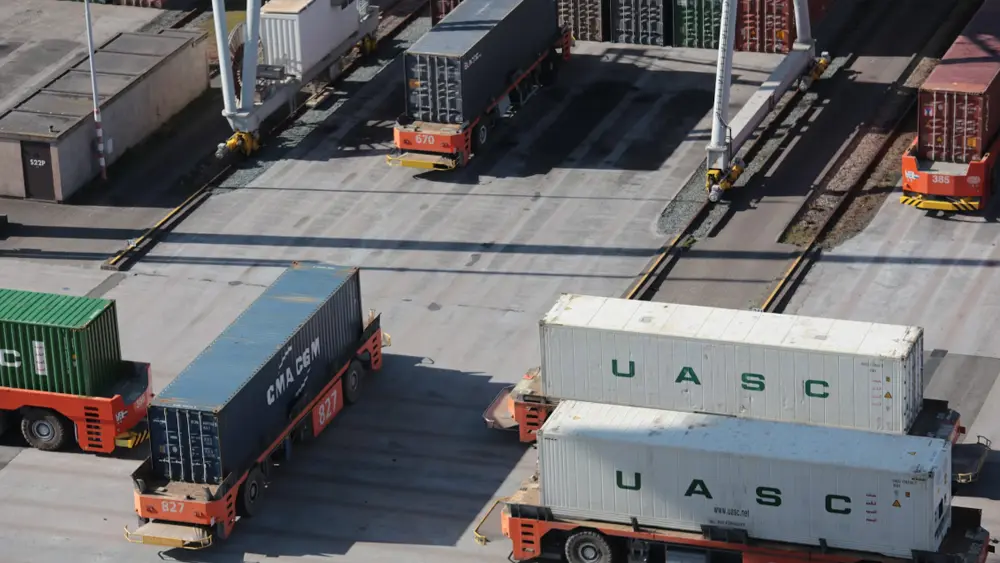
What is a Truck DVR Monitor and Camera System?
It is a safety system designed to enhance driver situational awareness and reduce road risks.
Key Components:
- Split-Screen Monitor: Displays multiple camera views to provide a 360° surround view.
- Built-in DVR: Supports 1-8 cameras, capable of recording and storing video. Typically features a 7-inch screen for a balance between visibility and compactness.
- Storage Support: Up to 256GB SD card, ensuring ample video storage.
- Advanced Features:
- BSD (Blind Spot Detection): Monitors blind spots to enhance lane-changing safety.
- ADAS (Advanced Driver Assistance System): Includes lane departure warnings and forward collision alerts to improve safety.
- DMS (Driver Monitoring System): Detects fatigue and distracted driving, issuing timely warnings.
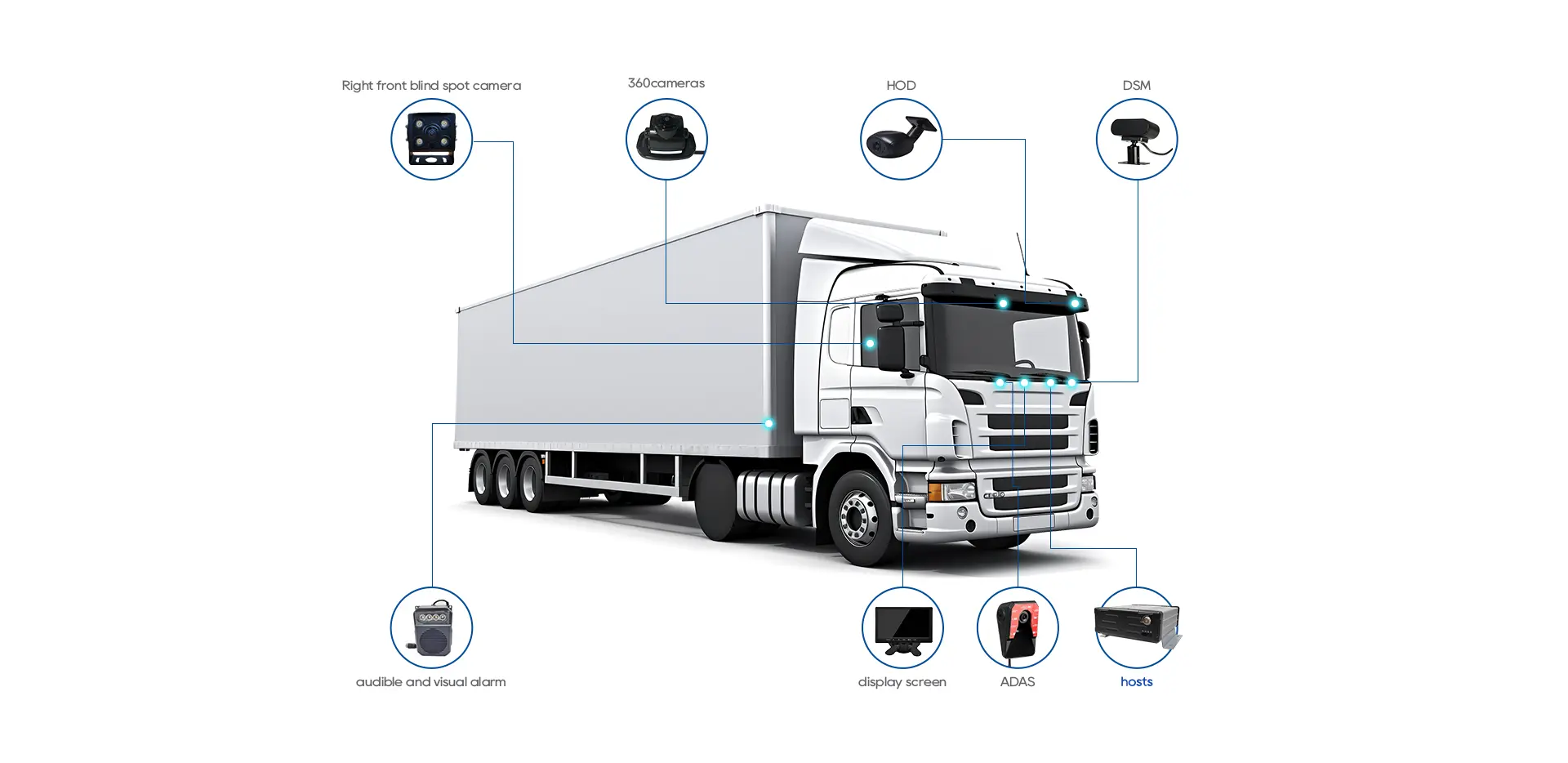
Types of Truck DVR Monitor and Camera Systems
1. Built-in DVR Monitor
- Combines monitor and DVR in one unit, making installation simple.
- Uses an SD card for video storage, but with limited capacity, making it suitable for short-distance transport.
2. Mobile DVR System
- Features a separate DVR unit, allowing connection to multiple cameras and longer recording times.
- Utilizes HDD or SSD storage, offering large capacity, ideal for long-haul transport or fleet management.
- Supports remote access and cloud storage, making it easier to manage multiple trucks.
How to Choose?
- For short-distance driving, where real-time monitoring is the main need, choose a built-in DVR system.
- For fleet management or long-distance transport, requiring large storage and remote access, choose a mobile DVR system.
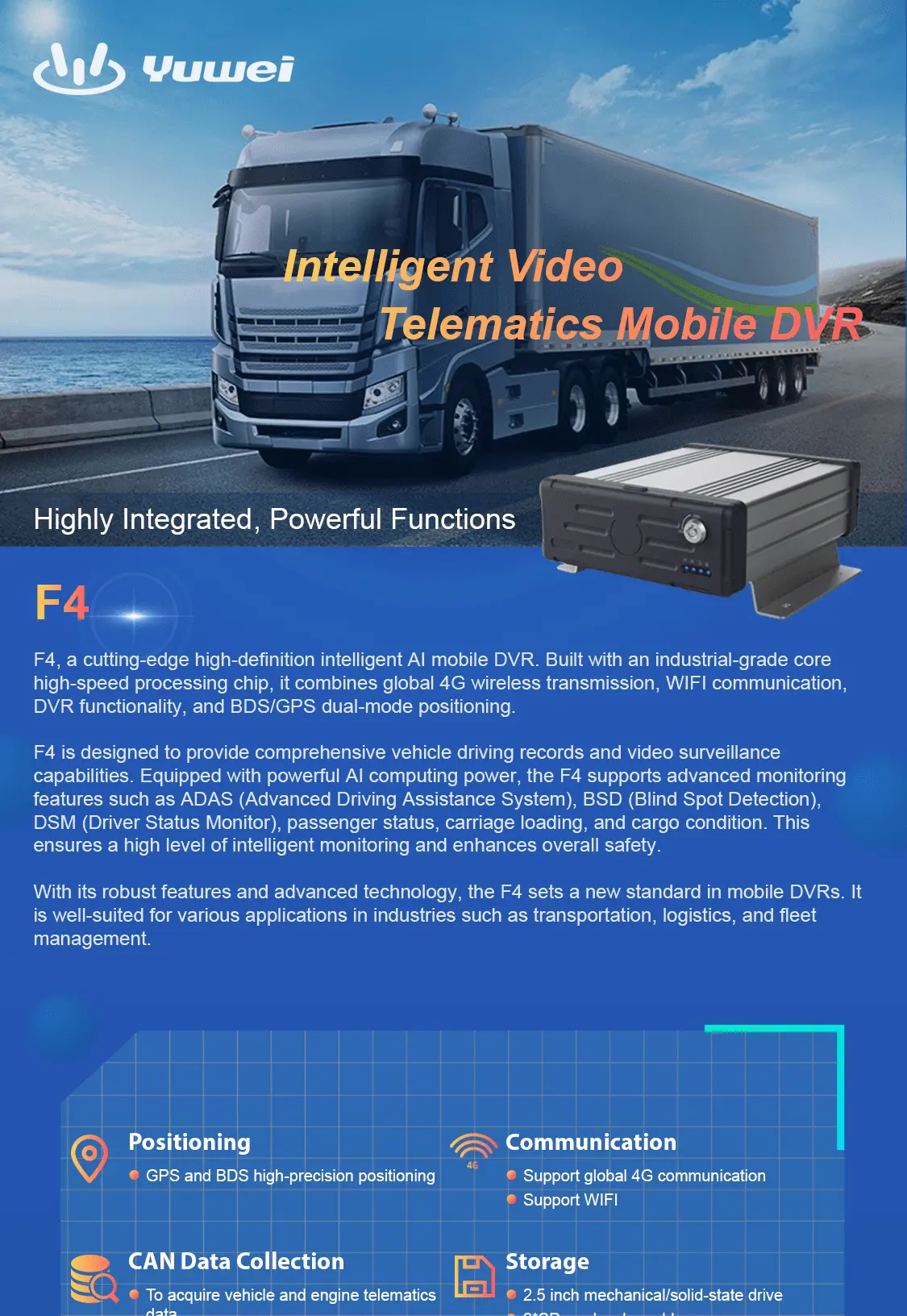
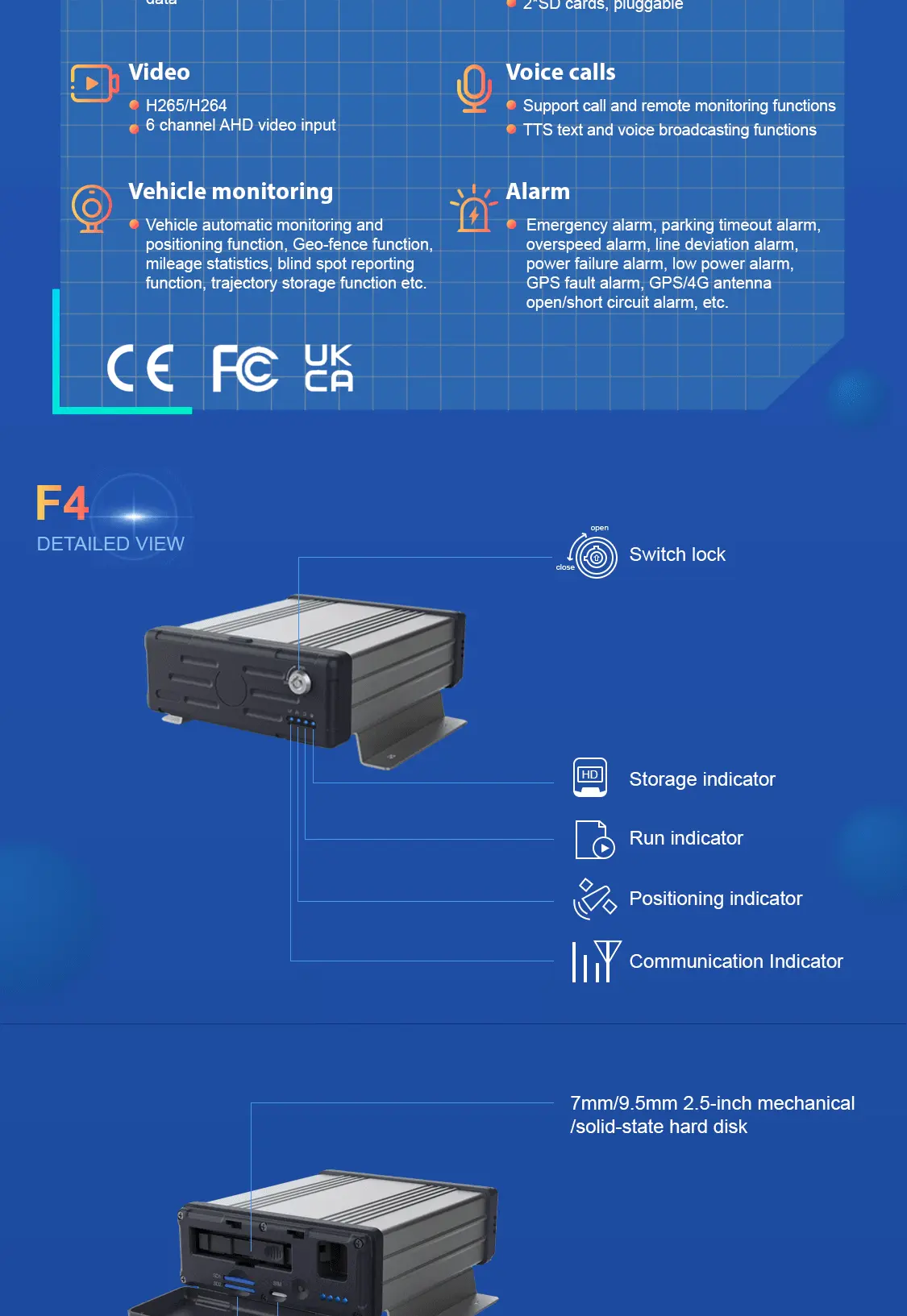
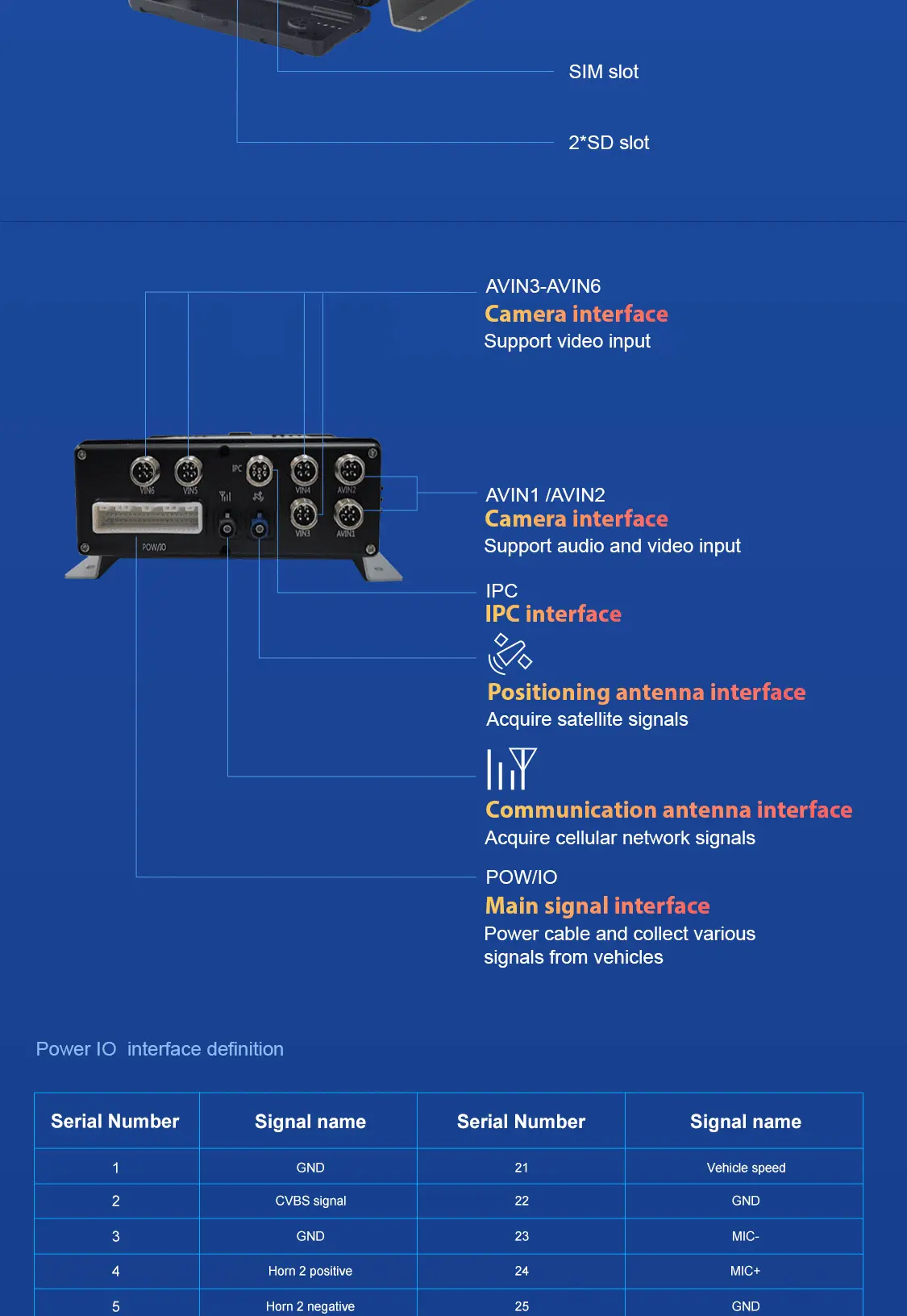
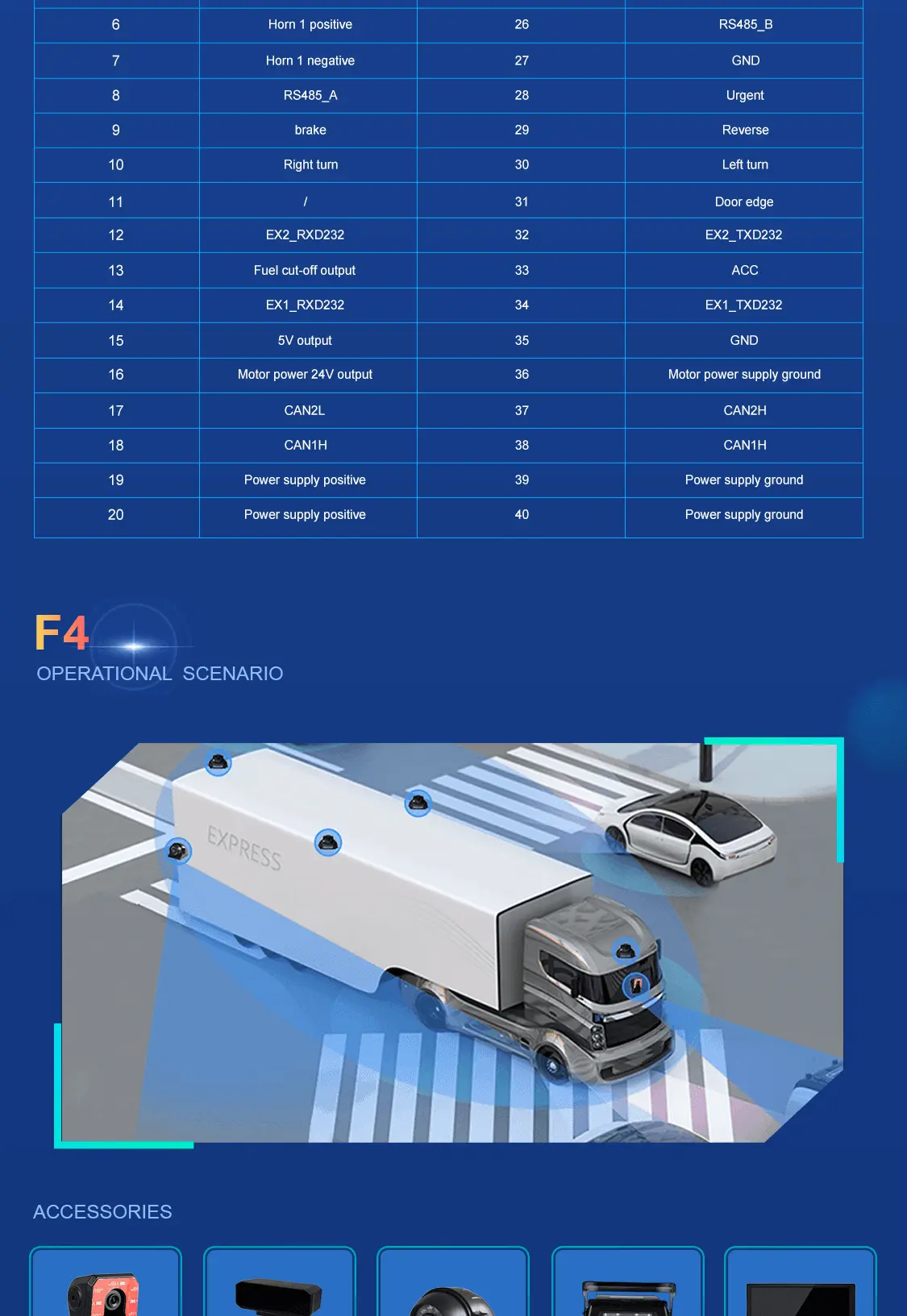
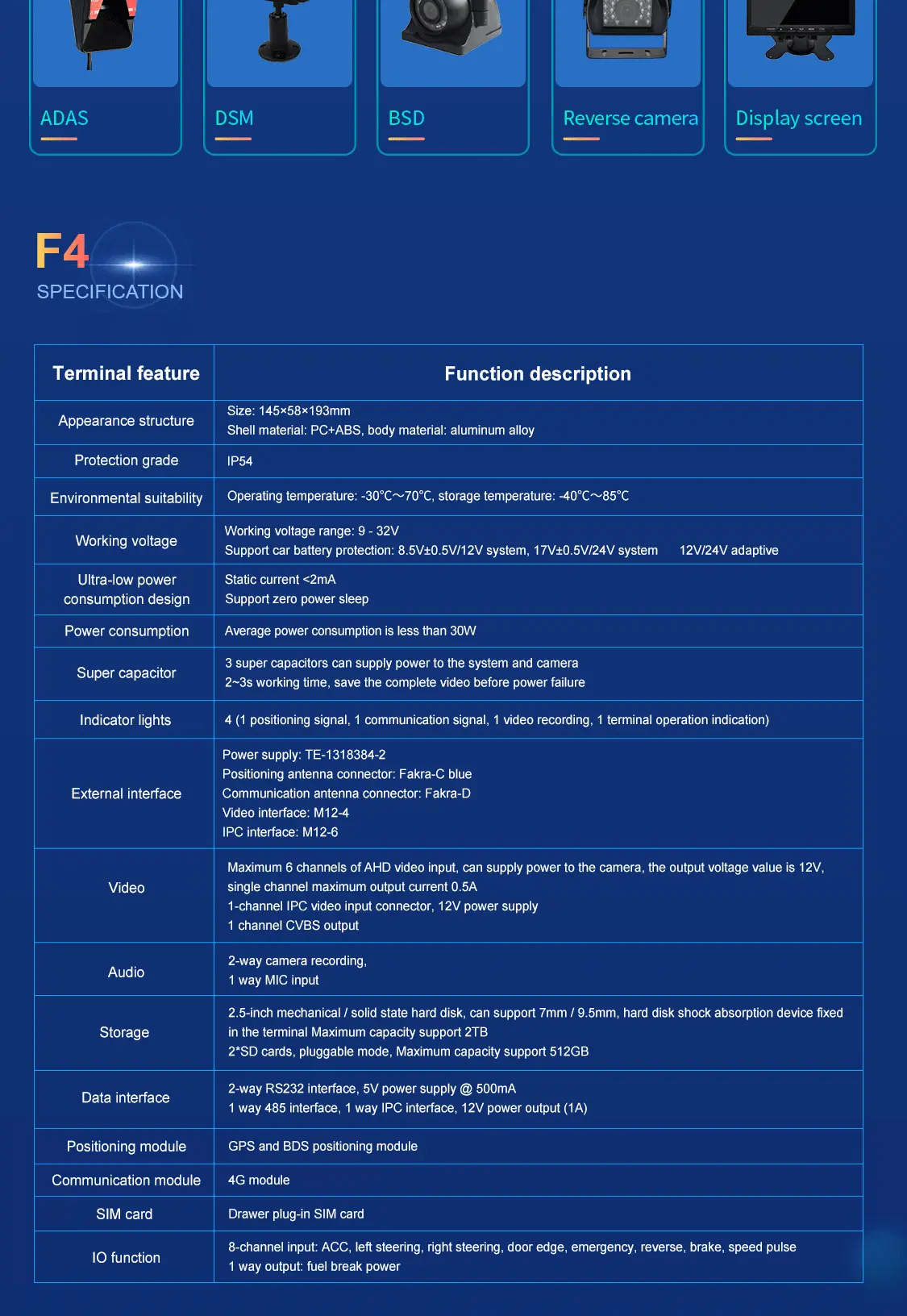
Why is a DVR Monitor System Necessary?
1. Accident Evidence: Provides objective video footage to prevent false claims and support insurance settlements.
2. Fleet Management & Training: Monitors driving behavior, helping to optimize driver training and improve safety.
3. Vehicle Security: Helps prevent theft and vandalism, while monitoring parking conditions.
4. Encourages Responsible Driving: Drivers are more cautious when monitored, reducing accident rates.
5. Maintenance Management: Video records help identify vehicle issues, lowering repair costs.
6. Enhancing Customer Trust: Provides transparent transport records, boosting customer confidence.
Additional Features
1. CarPlay Support: Allows drivers to connect their iPhone for easier access to navigation, calls, and music, reducing distractions.
2. BSD (Blind Spot Detection): Detects blind spots, preventing lane-change collisions.
3. ADAS (Advanced Driver Assistance System):
- Lane Departure Warning (LDW)
- Forward Collision Warning (FCW)
- Automatic Emergency Braking (AEB)
- Adaptive Cruise Control (ACC)
4. DMS (Driver Monitoring System): Detects fatigue and distraction, prompting the driver to take breaks when needed.
Advantages of a Truck DVR Monitor System
1.360° visibility, eliminating blind spots and improving driving safety.
2.Reduces accident risks by providing real-time monitoring and alerts.
3.Monitors driving behavior, optimizing fleet management and operational efficiency.
4.Provides accident evidence, simplifying insurance claims.
5.Enables remote fleet management, allowing companies to view footage anytime for enhanced oversight.
How to Choose the Right System?
- Camera Quality & Coverage: Look for high-definition (1080p+), wide-angle lenses, and night vision.
- Storage Capacity: Choose SD card (up to 256GB) or HDD/SSD storage, with loop recording to prevent data loss.
- Advanced Features: Consider BSD, ADAS, and DMS for enhanced safety.
- Remote Access: Opt for cloud storage and remote monitoring for efficient fleet management.















